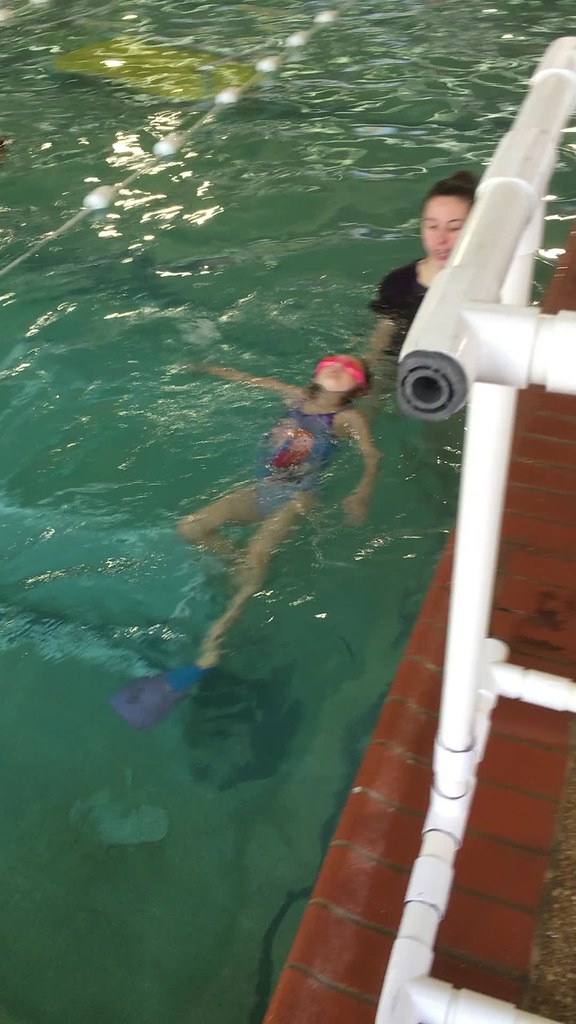In the process of looking for that study I ran across the results of a Pew study that was released just one week earlier, January 29, 2019, than the Ohio study: Fiscal 50: State Trends and Analysis.
The executive summary only mentioned a handful of states as stand-outs (good or bad). One of the states mentioned was North Dakota:
State personal income. The second-longest U.S. economic recovery has played out unevenly across states. Growth has been strongest in North Dakota and a group of mostly Western states and weakest in Connecticut, as measured by the rate of change in each state’s total personal income since the start of the Great Recession. State personal income growth—a measure of the economy—has trailed its historical pace. But for just the sixth time since the end of the downturn, all states posted gains from a year earlier in the third quarter of 2018.And everyone remembers this note, posted January 10, 2019:
Williams County is the wealthiest county in North Dakota and ranks among the wealthiest counties in other state.
******************************************
The Swimming Page
Last week Sophia was introduced to the back stroke.
Today, she was doing the back stroke (sort of).
She is four years eight months old.





